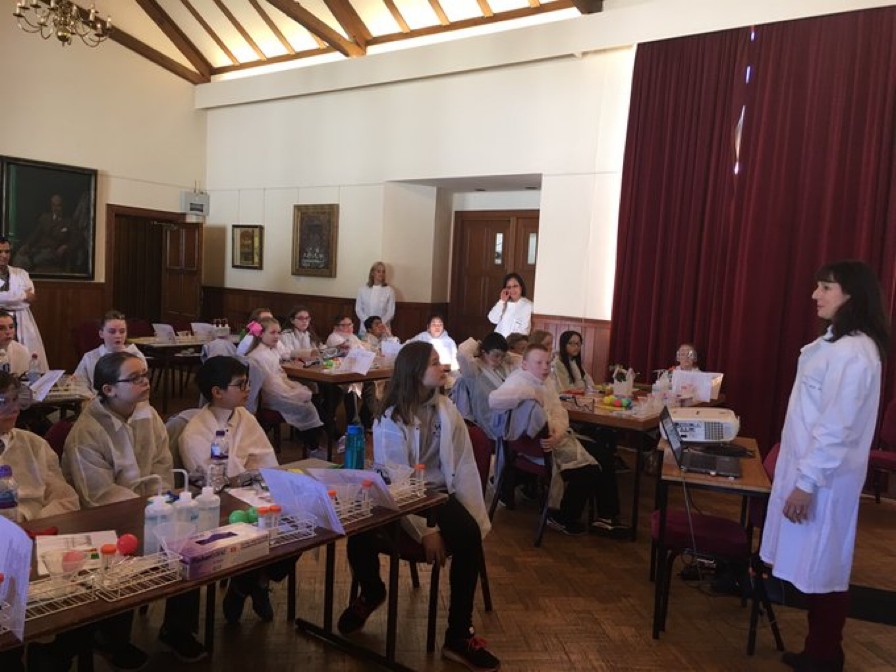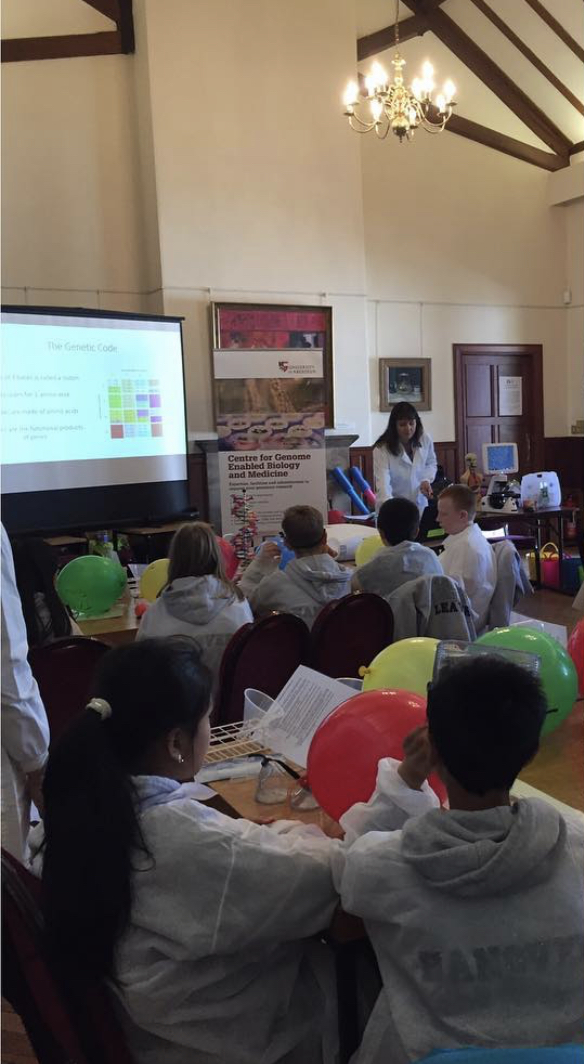
#Astrobiology it is! 🦠 🌃 🔭
Not a surprise. Most of us have asked ourselves whether we are alone in the nearby universe, whether there is other life, and if so, whether it is microbial, macroscopic, or even intelligent...
But how can we study something we don't know exists?
Not a surprise. Most of us have asked ourselves whether we are alone in the nearby universe, whether there is other life, and if so, whether it is microbial, macroscopic, or even intelligent...
But how can we study something we don't know exists?
https://twitter.com/realscientists/status/1444318317024583683
Britannica defines astrobiology as a "multidisciplinary field dealing with the nature, existence, and search for extraterrestrial life" - practically spot on, but we should emphasize that for this, we study the evolution of life on Earth, extreme conditions it can survive...
Plus to learn the chances of life elsewhere, we need to know about the lifetime and 'behavior' of stars, planetary geophysics, atmospheric physics...
In short, astrobiology is a huge interdisciplinary field encompassing biology, chemistry, geology, physics, but also humanities!
In short, astrobiology is a huge interdisciplinary field encompassing biology, chemistry, geology, physics, but also humanities!

What it does NOT focus on, besides perhaps from the psychological perspective, are claims of UFO sightings, alien kidnappings... While it's prudent not to merely dismiss any such or another claim, so far there hasn't been any convincing evidence of any alien life visiting Earth.
What IS a part of astrobiology are efforts like SETI: searching for extraterrestrial intelligence by studying radio signals, looking for possible megastructures or technosignatures in exoplanet atmospheres.
But most expect that the first alien life we discover will be microbial.
But most expect that the first alien life we discover will be microbial.
No life beyond Earth has been found so far, but there are places that seem hopeful.
Where do you expect us to find the first potential evidence of extraterrestrial life? 🪐
Where do you expect us to find the first potential evidence of extraterrestrial life? 🪐
Tomorrow, I'd like to do a thread on the option that seems most likely to you - but all will be at least mentioned, since they're all immensely fascinating! 







Extraordinary claims require extraordinary evidence, though, and finding evidence of alien life will likely be tricky! It's hard enough to tell if structures in very old Earth rock are microbial fossils or completely life-unrelated. I wrote more here 👇
clarkesworldmagazine.com/novakova_03_21/
clarkesworldmagazine.com/novakova_03_21/
• • •
Missing some Tweet in this thread? You can try to
force a refresh












